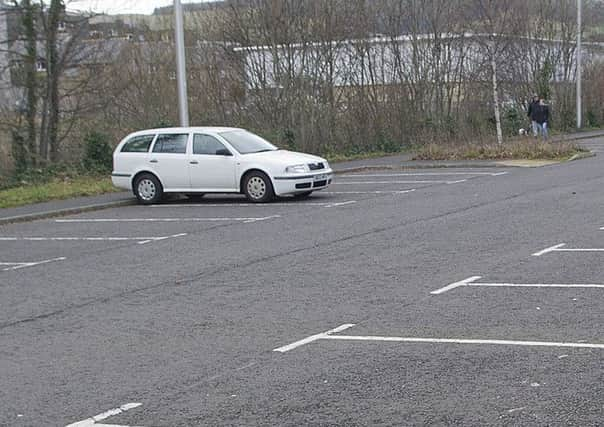The problems with the parking tax – leader comment


We have yet to see the details of the plan to allow councils to charge a “Workplace Parking Levy”.
However, the suggestion has already caused uproar with Scotland’s largest teaching union, the EIS, warning it could force teachers to quit their jobs. The union sought to explain that teachers were a special case and warranted the same exception to be given to health service staff. “Teachers’ pay has been cut, in real terms, by more than 20 per cent over the past decade so introducing a parking charge could further increase the financial pressures on teachers,” said an EIS spokesperson.
Advertisement
Hide AdAdvertisement
Hide AdIn the coming weeks, other professions are likely to come forward arguing they should also be given an exception.
The policy was part of the deal struck by the SNP with the Scottish Greens to win their support for the Scottish Budget. The idea is that the tax will persuade people to stop driving to work, reducing air pollution, greenhouse gases and congestion. But many will suspect this is simply a way for councils to raise money. And not a particularly progressive way. In Nottingham, the levy has been set at £415 for each parking space a year – less than a cup of coffee a day. Better-off people may grumble, but that amount is unlikely to actually change their behaviour. It is those on lower incomes who will feel the pinch.
But, for many, driving to work is not a choice but a necessity, particularly for those who need to make several journeys during the day – for example, to drop off the children at school before going to work.
We have long lived in the Age of the Automobile and our cities have been designed accordingly. We now live much further away from our places of work than we once did.
Some who drive to work will have moved out of the city because the housing there is too expensive to towns and cities where public transport links are not what they were because of the popularity of the private car.
A parking tax risks becoming a stick that hurts the poorest people while failing to achieve significant change. And that risks causing resentment against the laudable aim of reducing air pollution.
Instead, it might be better to look for ‘carrots’ to help those people who can switch to greener forms of transport do so. After a decade of tough times for many, public patience should not be stretched further.